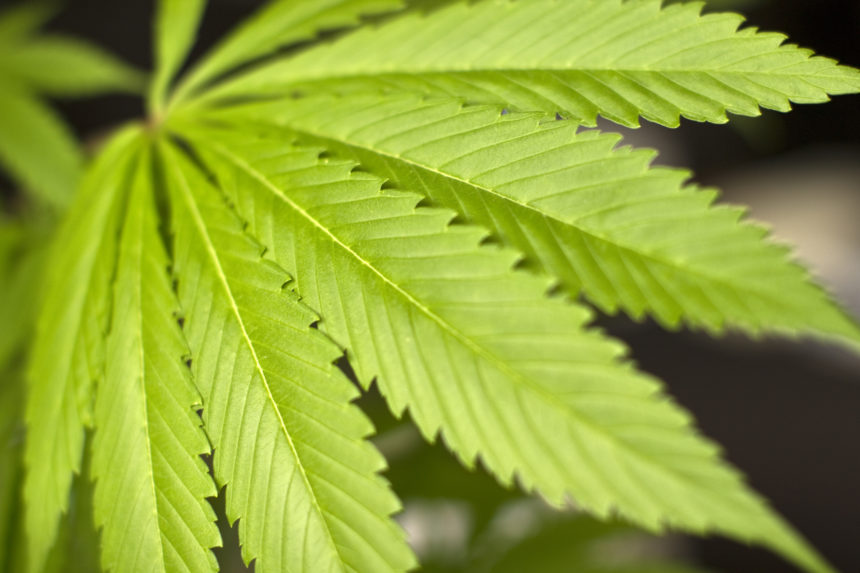
Older people who consume edible cannabis products may be inviting health risks, write the authors of a new commentary in the Canadian Medical Association Journal.
When patients ask about medical cannabis, physicians should routinely ask questions about intended use, wrote Jasleen Grewal and Lawrence Loh of the University of Toronto. Among the top concerns:
- Overconsumption: Cannabis edibles take on average four hours longer to produce noticeable effects in comparison to inhaled cannabis.
- Longer impairment time: Edibles can lead to a longer period of impairment compared to inhaled cannabis, with effects lasting up to eight hours.
- Naiveté: Edibles are commonly viewed as a safer and more desirable alternative to smoked or vaped cannabis. Patients should be counseled about safe consumption, possible effects on cognitive functioning and safe driving.
- Drug interactions: Physicians should be aware of the potential for interactions with other substances, such as alcohol, benzodiazepines, sleeping aids and opioids.
In Canada, federal regulations have standardized the presentation of dosing information. But the authors caution that “individuals’ responses to different products may vary and overdosing may still occur, with cannabis-naive individuals particularly at risk.”




